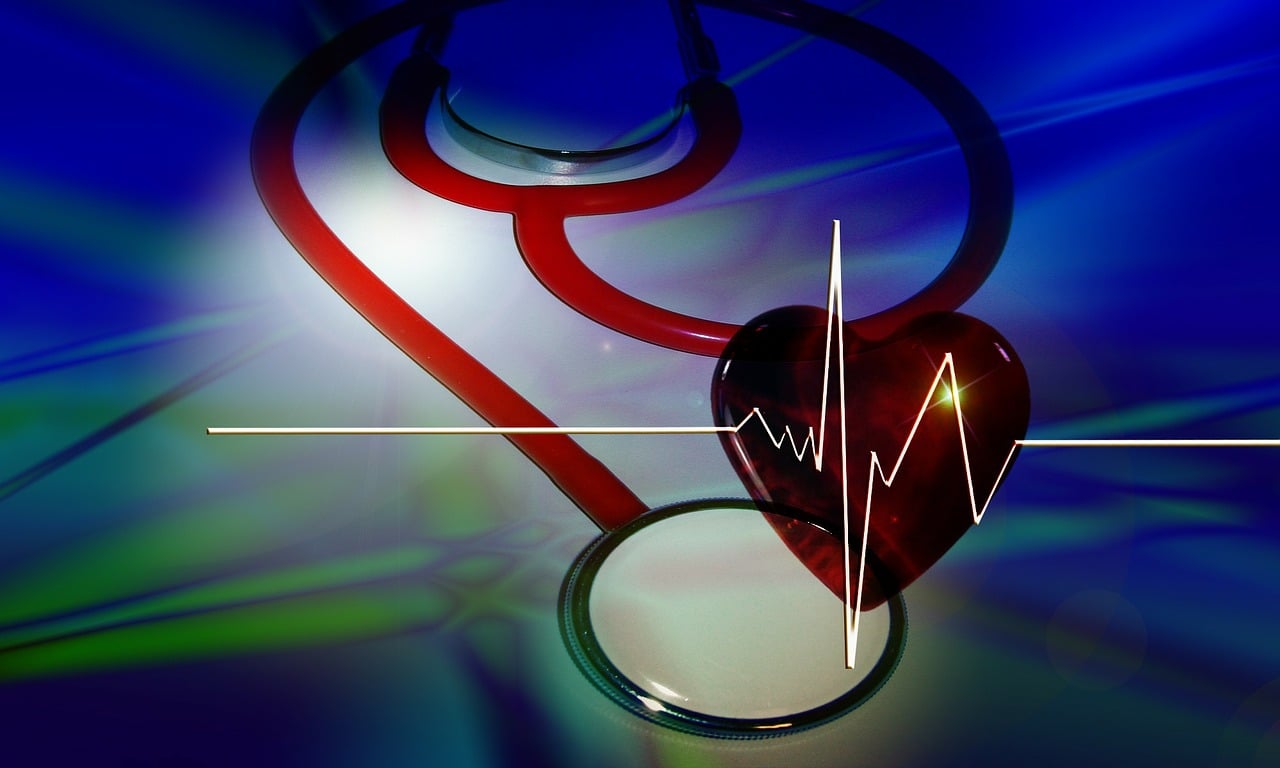Understanding Health Literacy: Empowering Patients with Knowledge
Health literacy refers to the ability of individuals to understand and effectively utilize health information to make informed decisions about their health. It encompasses various skills, including reading, listening, analytical, and decision-making skills that are essential in navigating the complex healthcare system. Health literacy is crucial in empowering individuals to take control of their health and well-being.
Individuals with low health literacy may struggle to comprehend medical instructions, navigate health insurance paperwork, or make informed decisions about their treatment options. This can lead to misunderstandings, poor health outcomes, and increased healthcare costs. Improving health literacy among the population is essential for promoting better health outcomes and reducing disparities in healthcare access and quality.
The Impact of Health Literacy on Patient Outcomes
Health literacy plays a crucial role in shaping patient outcomes. Studies have shown that individuals with higher levels of health literacy are more likely to engage in preventive health behaviors, adhere to treatment plans, and effectively manage chronic conditions. On the contrary, patients with limited health literacy may struggle to understand medical instructions, leading to poor health outcomes and increased healthcare costs.
Furthermore, low health literacy has been linked to higher rates of hospitalizations and emergency room visits. Patients who struggle to comprehend healthcare information are at a greater risk of medication errors, missed appointments, and overall dissatisfaction with their medical care. Addressing health literacy barriers is essential in improving patient outcomes and promoting better health within communities.
Common Barriers to Health Literacy
Health literacy plays a crucial role in enabling individuals to make informed decisions about their health. However, several common barriers can impede individuals’ ability to understand and act upon health information. One significant barrier is low educational attainment, which can hinder comprehension of complex medical terms and instructions. Limited English proficiency is another common barrier that can prevent individuals from fully understanding important health information, leading to potential misunderstandings and errors in care.
Additionally, socioeconomic factors such as poverty and lack of access to healthcare resources can present challenges for individuals seeking to improve their health literacy. Limited access to healthcare providers and reliable sources of information can make it difficult for individuals to obtain the knowledge needed to make informed decisions about their health. Cultural beliefs and practices can also act as barriers, shaping how individuals perceive and interact with health information, which can influence their health behaviors and outcomes.
What is health literacy?
Health literacy refers to the ability to obtain, understand, and use health information to make informed decisions about one’s health and healthcare.
How does health literacy impact patient outcomes?
Low health literacy has been linked to poorer health outcomes, higher healthcare costs, increased hospitalizations, and lower use of preventive services.
What are some common barriers to health literacy?
Some common barriers to health literacy include limited access to healthcare information, complex medical jargon, low health literacy skills, cultural and language barriers, and limited education.
How can individuals improve their health literacy?
Individuals can improve their health literacy by asking questions, seeking out reliable sources of health information, using plain language resources, and discussing health concerns with healthcare providers.







